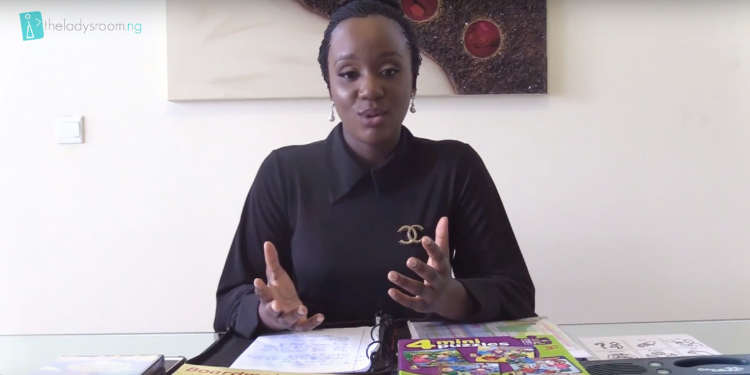…the same for everyone.
The frame of mind that society has about Autism Spectrum Disorder (ASD) is often narrow. Individuals who have Autism tend to be placed in one extreme stereotype or the other. However, Autism is not just one thing; it is a spectrum in which individuals have their unique dispositions, characteristics, and capabilities. It affects each person in different ways and at varying levels. You may have a niece with Autism who loves hugs, covers her ears frequently due to sound, chews her clothes, spins when excited, and is an expert in drawing abstract art. But that doesn’t mean another child will experience the same challenges or successes.
…symbolic of remarkable intellectual or artistic abilities (The Good Doctor).
This narrative is often depicted in movies/series such as “The Rain Man”, “The Good Doctor” and much more. A savant that just seems a little socially awkward. Yes, there are definitely incredible scientists, artists, musicians, mathematicians, motivational speakers, and individuals with other skills and talents who live with Autism. However, it is restrictive to think that Autism leads to supernatural intelligence or out-of-this-world creativity.
…lower intelligence.
On the other hand, it is also a misconception that individuals who have ASD are not as intelligent as their equals. Although there are limitations – sometimes many – but again, Autism is not directly linked to a person’s intelligence level. Individuals with the Autism Spectrum Disorder often learn differently and may be a little slower to catch on in some areas (social cues), but they do extremely well in other areas. That is not to say that they comprehend less or have a lower IQ. This fact carries on to those who are non-verbal, as well as others who need assistance with interpersonal skills or independent living. So, don’t be quick to pass judgment.
…non-communicative.
Usually, when people don’t hear someone speaking vocally, they assume the person cannot communicate at all. This is not the case when it comes to individuals who have Autism, even though some of them may be non-verbal. Autism does not equal deafness or inability to share thoughts with others even when thoughts are processed. The issue at times is that they have trouble verbalising them. The good thing is, assistive technologies and tools like the Picture Exchange Communication System (PECS), Proloquo, etc. give individuals with ASD innovative ways to communicate, even if their voices can’t be heard literally.
…a lack of emotion or need for relationships.
Due to some of the related communication and behavioural challenges, it may seem that individuals with ASD aren’t interested in others’ feelings nor do they have feelings of their own. . But this is FALSE. It’s true they may not always detect or understand body language or catch social cues but their emotions are there. They feel happiness, sadness and everything in between. Words might affect them differently, and they may need assistance through more direct, verbal cues. Even if they do not express love or compassion in the expected manner, it doesn’t mean it’s not genuine.
…futile.
People sometimes conclude that people living with Autism will never be as successful as someone as their counterparts. Again, this is not true. Many of them graduate high school, go to college, get jobs and have relationships. Others achieve success in different ways that should also be celebrated e.g. living independently as an adult, winning contests, or even finally saying “Dad” for the first time at five years old. These are also achievements, so success should be individualised and not generalised.
…a tragedy.
We sometimes see denial and disappointment from families whose children were recently diagnosed with Autism. Indeed, this is new space for many and that can be scary, leading to doubts and worry. These are natural feelings that should not be dismissed and should be addressed with a professional. Parents and siblings begin to wonder how the child will cope, what resources are available and so much more. However, there is LIFE & HOPE after a diagnosis. Thankfully, Autism today has far more research and medical breakthroughs than it did five years ago. There are more opportunities, therapies, technologies and coping methods for families.

